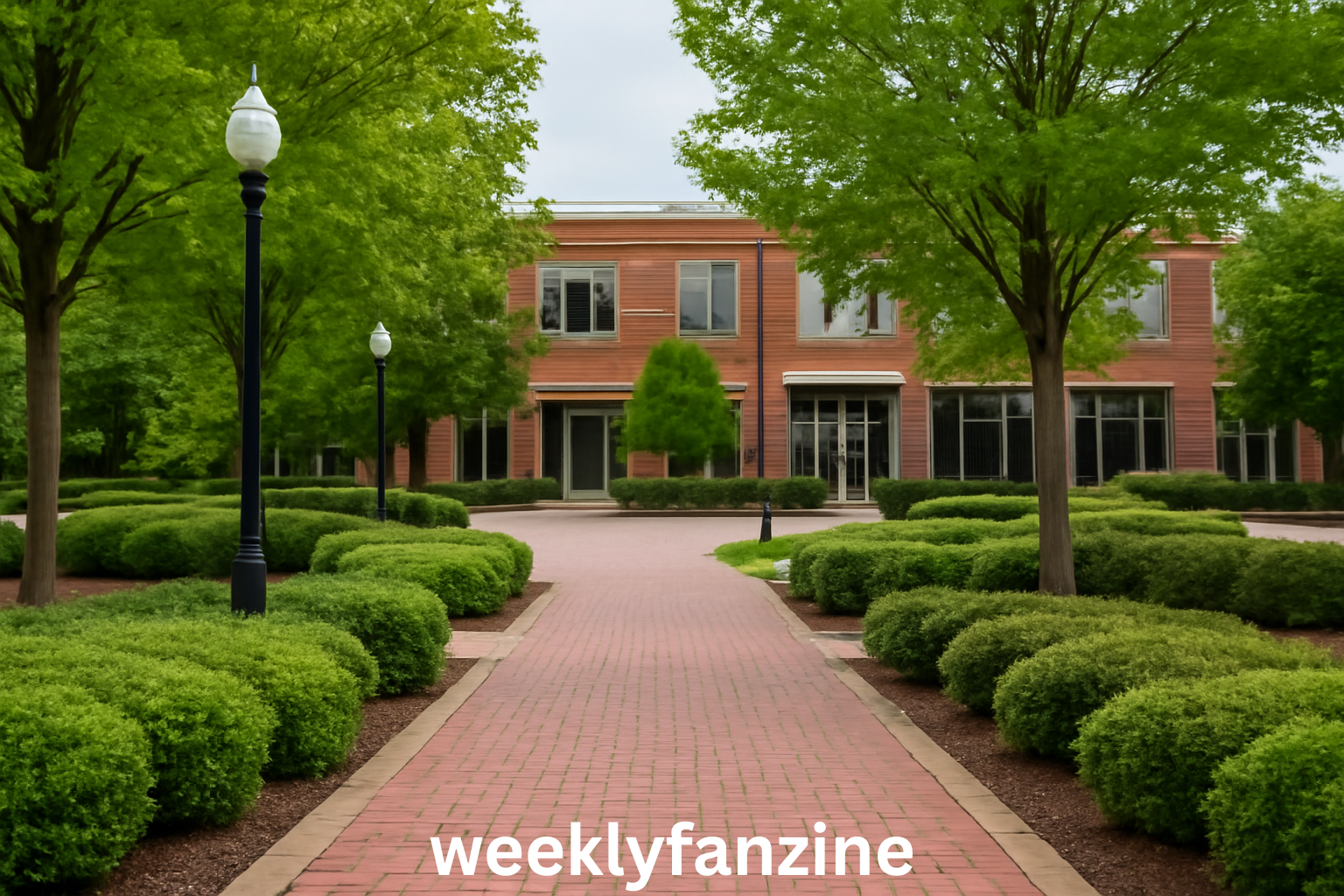Introduction to Maria Clark and Economic Development
Maria Clark has made significant strides in the field of economic development, creating innovative policies and strategies that focus on building sustainable, inclusive, and resilient communities. Over the course of her career, she has worked in various parts of the world, collaborating with local communities, businesses, and governments to create development solutions that benefit everyone, especially the marginalized. Clark’s work emphasizes that true economic growth comes from a holistic approach—one that balances social, environmental, and economic factors.
Maria Clark’s Approach to Economic Development
Maria Clark’s approach to economic development is grounded in three core principles: sustainability, social inclusion, and community empowerment. These principles guide her work and have influenced the policies and projects she has led.
1. Sustainability
Clark is a firm believer that for economic development to be meaningful, it must be sustainable. This means not only achieving short-term growth but also ensuring that the environment and natural resources are protected for future generations. Whether it’s through promoting renewable energy, sustainable agriculture, or green technologies, Clark advocates for practices that help communities grow without depleting the resources they rely on.
In her work with local communities, Clark has often focused on projects that encourage sustainable farming, waste management, and conservation. These efforts help maintain a balance between development and environmental stewardship, allowing communities to thrive without causing harm to the planet.
2. Social Inclusion
Maria Clark also understands that economic development should benefit everyone, particularly those who are often left out of the process. Social inclusion is at the heart of her work. She has championed programs that aim to improve access to education, healthcare, and job opportunities for marginalized groups, including women, youth, and rural populations.
By addressing inequality and ensuring that everyone has a chance to participate in the economy, Clark’s initiatives have helped reduce poverty and improve the quality of life for many. Her focus on social inclusion ensures that development is not just for the few, but for all members of society.
3. Community Empowerment
One of the most crucial aspects of Clark’s approach is empowering communities to take control of their own development. Rather than imposing solutions from the top down, she works with local communities to identify their needs and challenges. Clark believes that when communities are empowered, they can drive their own economic growth and make decisions that will best serve their interests.
Her community empowerment projects have included providing resources for local businesses, supporting entrepreneurs, and helping communities access the tools they need to improve their infrastructure and economy. By fostering self-reliance, Clark helps communities become more resilient and better equipped to face challenges on their own.
Education and Capacity Building for Long-Term Growth
One of the pillars of Maria Clark’s economic development strategy is education and capacity building. She recognizes that an educated and skilled workforce is essential for long-term economic success. Many of Clark’s projects focus on improving education and vocational training to ensure that people have the skills they need to succeed in today’s rapidly changing job market.
Her initiatives have included building educational facilities, supporting adult education programs, and helping youth gain access to training in skills such as digital literacy, agriculture, and entrepreneurship. By investing in education, Clark helps break the cycle of poverty, enabling individuals to secure better jobs and contribute to the growth of their communities.
Innovation and Entrepreneurship as Economic Drivers
Another key area of focus for Maria Clark has been fostering innovation and entrepreneurship. She believes that innovation is crucial for economic growth, especially in today’s globalized world. Clark encourages the development of new technologies, business models, and creative solutions to tackle economic challenges.
Through her work, she has supported small and medium-sized enterprises (SMEs) and local entrepreneurs by providing access to financing, technical assistance, and market opportunities. By empowering local entrepreneurs, Clark helps create businesses that generate jobs, drive innovation, and contribute to the local economy. Entrepreneurship, in her view, is a key driver of economic development because it creates jobs, stimulates creativity, and fosters competition.
The Role of Government and Policy
Maria Clark’s work also highlights the critical role that government policies play in economic development. While local communities and entrepreneurs are essential to driving change, effective policies from governments are necessary to create an environment where economic development can flourish. This includes policies that support business growth, improve infrastructure, and ensure access to resources.
Clark has worked with policymakers at various levels, advocating for the creation of policies that support sustainable growth, innovation, and social inclusion. She has also emphasized the importance of good governance, transparency, and accountability in ensuring that development projects are both effective and equitable.
Addressing Global Challenges with Local Solutions
Maria Clark understands that many of the world’s challenges—such as climate change, inequality, and economic instability—require local solutions. She has worked on initiatives that allow local communities to address global issues while considering their unique circumstances.
For example, her work in rural development focuses on empowering communities to tackle issues such as food security, access to clean water, and climate resilience. By promoting local solutions to global problems, Clark has contributed to the creation of more sustainable, adaptable communities that are prepared to face future challenges.
The Impact of Maria Clark’s Work
The impact of Maria Clark’s work can be seen in the success of the many development projects she has led. From rural development initiatives in Latin America to sustainable agriculture programs in Africa, Clark’s efforts have had lasting effects on the communities she has worked with. Her projects have helped increase incomes, improve access to education, and reduce poverty for thousands of people.
By integrating sustainability, social inclusion, and community empowerment into her work, Maria Clark has proven that economic development can be both effective and equitable. Her impact is not just measured in economic terms but in the improved lives of the people she has helped.
Conclusion
Maria Clark’s work in economic development serves as a powerful example of how development can be done in a way that benefits everyone—especially those who have historically been left out of the process. Her focus on sustainability, social inclusion, and community empowerment has led to meaningful change in the communities she’s worked with. By promoting education, innovation, and entrepreneurship, she has helped foster long-term growth and resilience. As the world faces new economic, environmental, and social challenges, Maria Clark’s approach to development continues to offer valuable lessons on how to build a more inclusive, sustainable, and prosperous future for all.


